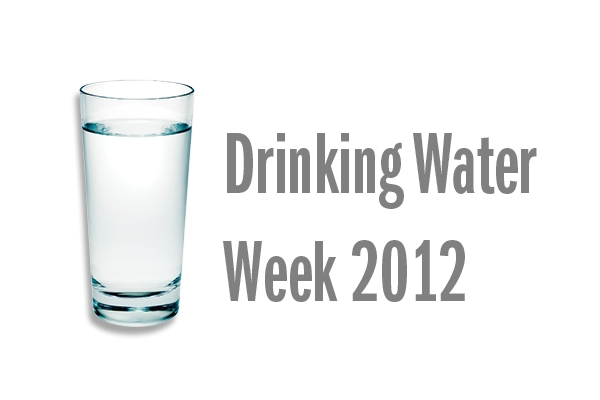A Special Place to Visit in Tilton
The town of Tilton has many special places –
natural, historic, architectural, and retail.
This Tilton Conservation
Newsletter offers a glimpse into one of those special places –

Tanger Outlet Mall
The Tanger Outlet mall is located at Exit
20 off I-93 in Tilton, NH.
Here you will find over 50 outlet stores from top designers and brands,
including
LOFT Outlet, J. Crew, Talbots, Eddie Bauer, Banana Republic, GAP,
Jockey,
Jones New York, Brooks Brothers, IZOD, Polo Ralph Lauren, and Tommy
Hilfiger
are just some of the stores along with Famous Footwear, Naturalizer, and
Nine West.
There is a Bath & Body Works, a Kitchen Collection, Vitamin World, and
Yankee Candle.
Come to Exit 20 for a day of shopping, have lunch at one of many
restaurants, and
stop in quaint downtown Tilton to see a delightful book shop, quilt
shop, and gift shops.
 What About Wetlands?
What About Wetlands?
New Hampshire's tidal and
non-tidal wetlands are of great importance for flood control,
water filtration, water storage and recharge for both
groundwater and surface water. These
functions become more valuable with the expected increase in
occurrence and severity of
storm events associated with climate change. Wetlands also
support the food chain, providing
food and shelter for a variety of aquatic and upland plants and
animals. Although New Hampshire
has lost fewer wetlands to filling and dredging than many
coastal states, landscape change
poses a significant challenge to the protection of New
Hampshire's wetlands.
New Hampshire wetlands share three
characteristics: 1) standing water or water at or near the
ground surface during some portion of the growing season; 2) soils
with characteristics that show
they are saturated some of the time; and 3) plants adapted to
growing in saturated soils. There is
tremendous diversity in the types of wetlands found in the state.
Tidal marshes and mud flats,
freshwater red maple swamps, bogs, vernal pools, Atlantic
white cedar swamps and wet meadows
are all wetland types found in New Hampshire
Wetlands provide economic importance by
increasing the surrounding real estate values by
an estimated 28 percent while also enhancing the quality of life.
See the NHDES Water Primer Chapter 5 Wetlands online for more information.
American Drinking Water Week May 6-12,
2012

"Tap water is such an integral part of our daily
lives that we sometimes don't notice its immeasurable
value," said AWWA Executive Director David LaFrance. "Only tap water
delivers the high quality of life
we enjoy."
"Whether it's one of the state's largest cities,
or a small community water system serving a single
subdivision, DES provides oversight to ensure that water is tested and
treated, and that water system operators are properly trained,"
noted Sarah Pillsbury, Administrator of DES's Drinking Water and
Groundwater Bureau. "Users of private wells don't have that kind of
protection," Pillsbury added.
"The 40 percent of New Hampshire residents who use private wells are
largely on their own when it
comes to testing for common natural contaminants such as arsenic and
radon, or pollutants that
get into our groundwater that are man-made such as the gasoline
additive MtBE."
Customers of New Hampshire's community water
systems pay an average of 50 cents per hundred
gallons for treated, tested water delivered to the tap, while
bottled water users who pay $1.25 for a
20-ounce bottle are paying $800 per hundred gallons. "There is a
wide gap between the price of
drinking water, which is what we pay; and the value of drinking
water, which is what we would be
willing to pay," notes Pillsbury. "For example, ask yourself what
your home would be worth without
a safe drinking water supply."
About Drinking Water Week:
For more than 35 years, the American Water Works Association and its
members have celebrated Drinking Water Week - a unique opportunity
for both water professionals and the communities they serve to join
together to recognize the vital role water plays in our daily lives.
Check this website that has Activities for Kids and information for interested people